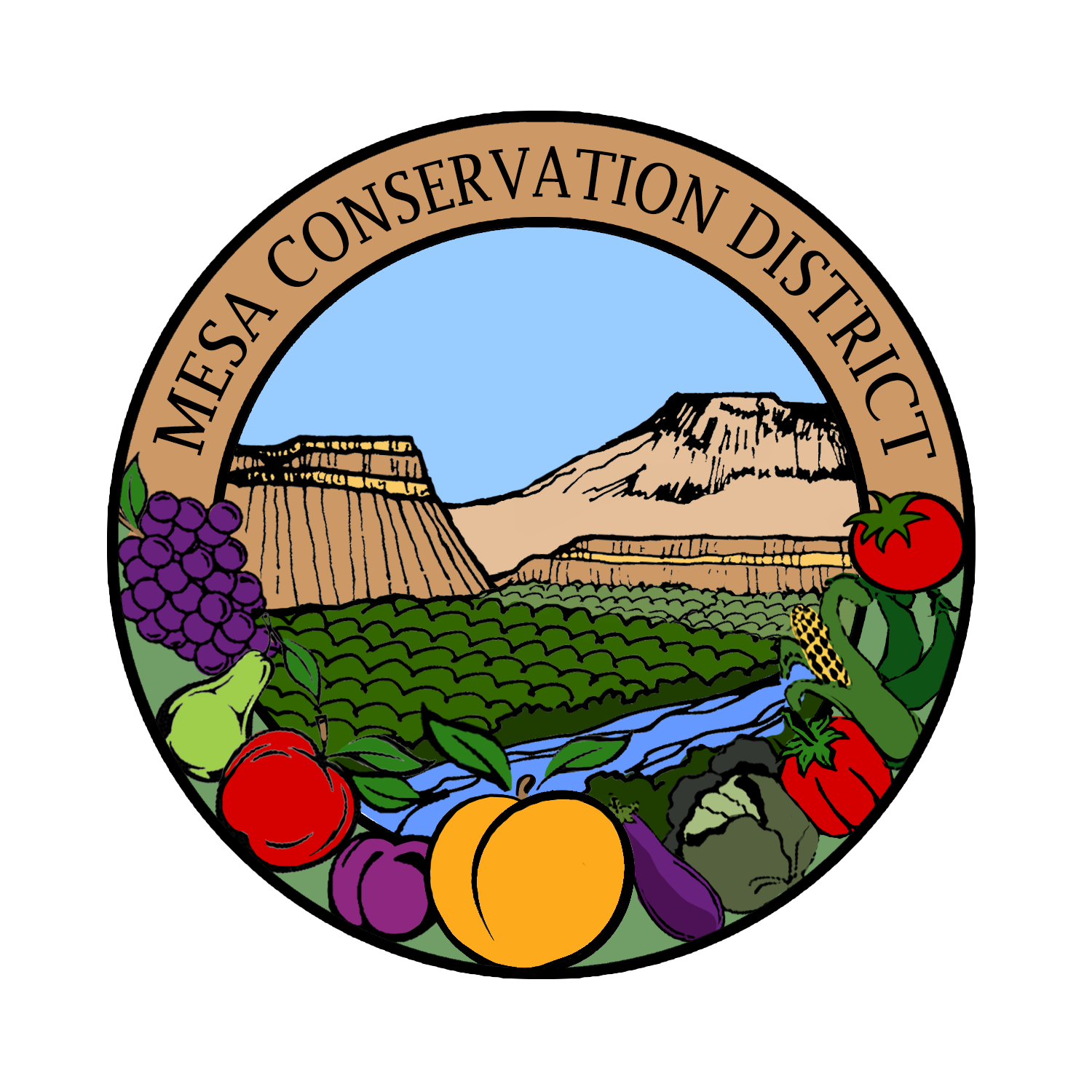Novel Biochar Injection Concept - Field Trial
The purpose of this field trial is to test the viability of a novel method of incorporating biochar into soil. An existing machine that is currently used in the sports turf industry to apply a variety of medias, will be used in an agricultural hay production field, using biochar as the media. The biochar will be injected (the machine uses high pressure water injectors) vertically down into the soil profile to a depth of about 8-10 inches, in a uniform grid pattern. We are trying to determine if a porous media (biochar) installed into the soil in this manner, into an active production crop, can produce equal or more forage, and/or higher quality forage using 50% less irrigation water (by frequency or duration). Initial estimates are that this method will amend the soil to hold an additional 3,000 - 6,000 gallons of water per acre. Soil and forage mass & quality samples will be collected before during and after the trial and a report will be produced and submitted to partners by December 2023.
Potential Applications
Agriculture
Mine Reclamation
Forestry
Soil Remediation
Urban Landscapes
NRCS Soil Carbon Amendment Codes 336 & 808
Any land area that needs increased rates of infiltration and water retention.
Potential Outcomes
YIELD - Equal or better yield or lower yield
HAY QUALITY - Higher quality forage or lower quality forage
MOISTURE (WHC) - Soil retained moisture for longer or shorter periods of time.
TEMPERATURE – Increase, decrease, or no change.
ELECTRICAL CONDUCTIVITY (E.C.) – Salts increased, decreased, or stayed the same.
NUTRIENTS - Soil nutrients were retained for longer periods or diminished quicker.
BIOLOGY - Soil biology & CO2 respiration increased/decreased.
Lead Organization : Michael H. Lobato
Partners : LOR Foundation, Colorado Ag Water Alliance, Citizens for Clean Air, DryJect, Colorado State University, BASF, Colorado Mesa University, Colorado School of Mines, Ward Laboratories, Southwest Seed, VGrid Energy Systems, Lobato Farms
Project Lead : Michael H. Lobato
Project Phase : We are currently collecting data using Campbell Scientific data loggers and soil sensors. Additional tests include hay quality/biomass testing and soil health and nutrient testing. Also, soil compaction testing, and forage data using a SPAD meter.
Project Timeline : This initial first year trial will conclude with a report by December of this year. CSU researchers have expressed interest in extending this trial for an additional 4 years using a WaterSmart Grant. TBD.
Goals : Research & Development/Innovation to reduce water consumption and promote water conservation and drought resiliency of many types of crops.
XSP Strategy : Research & Development/Innovation to reduce water consumption and promote water conservation and drought resiliency of many types of crops.

